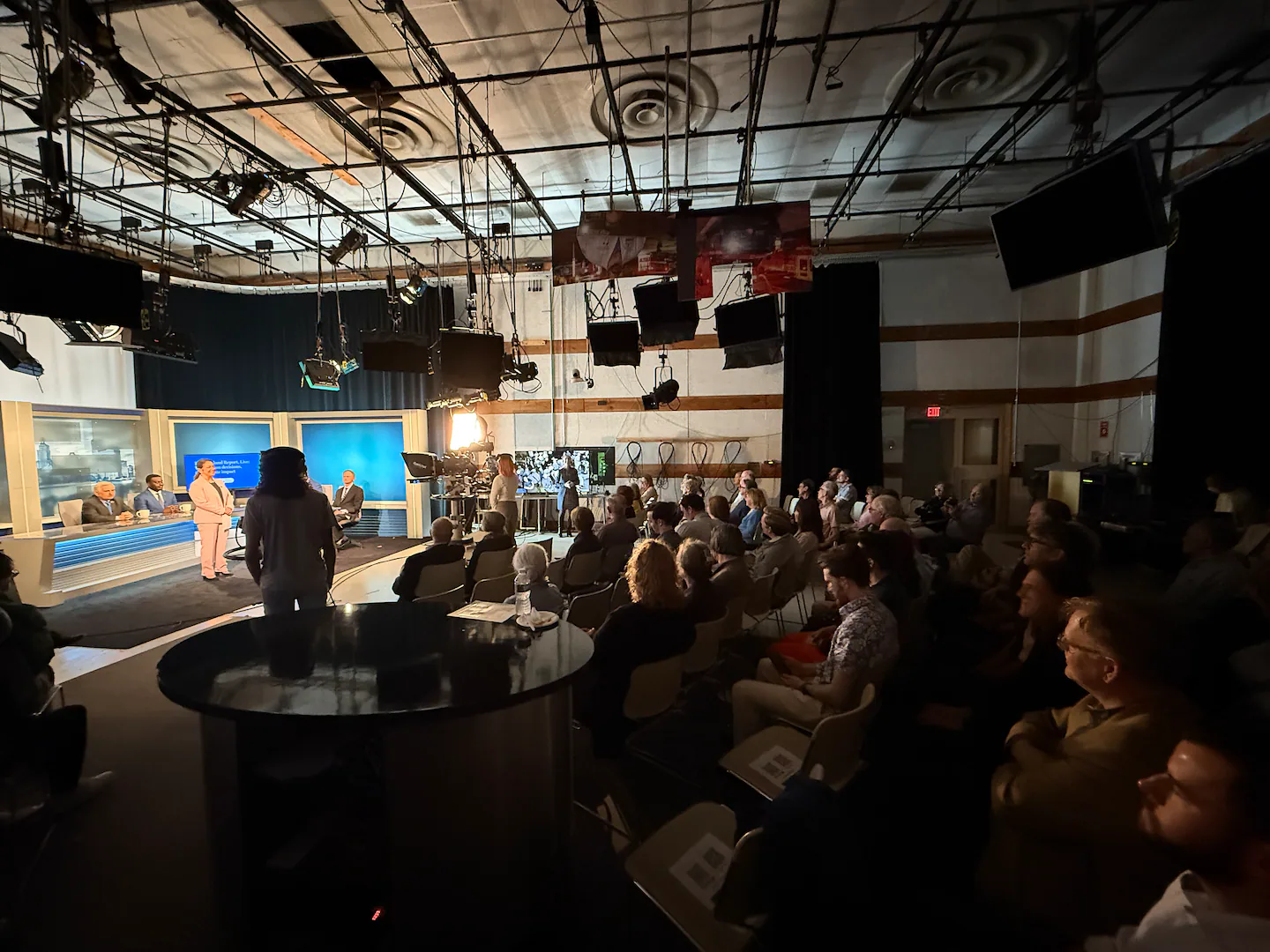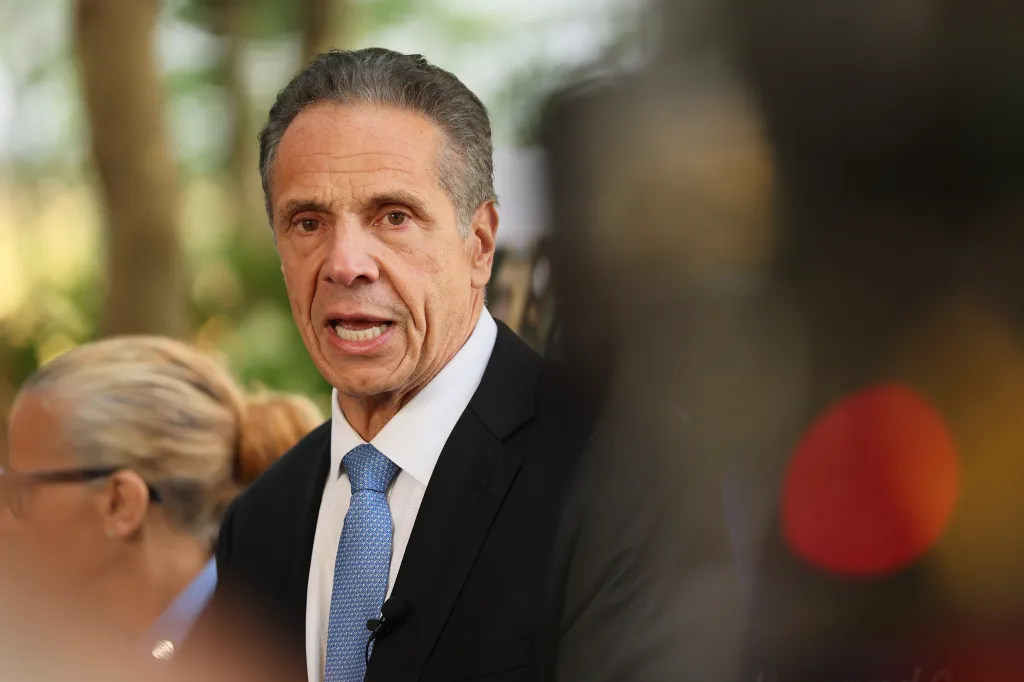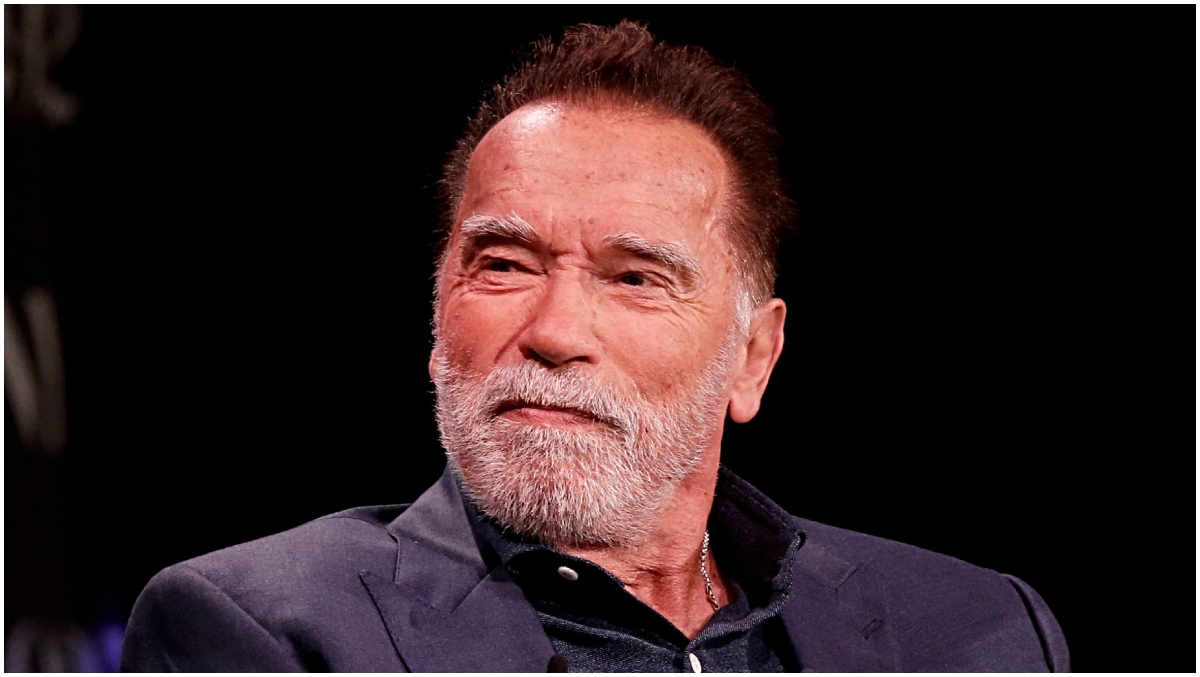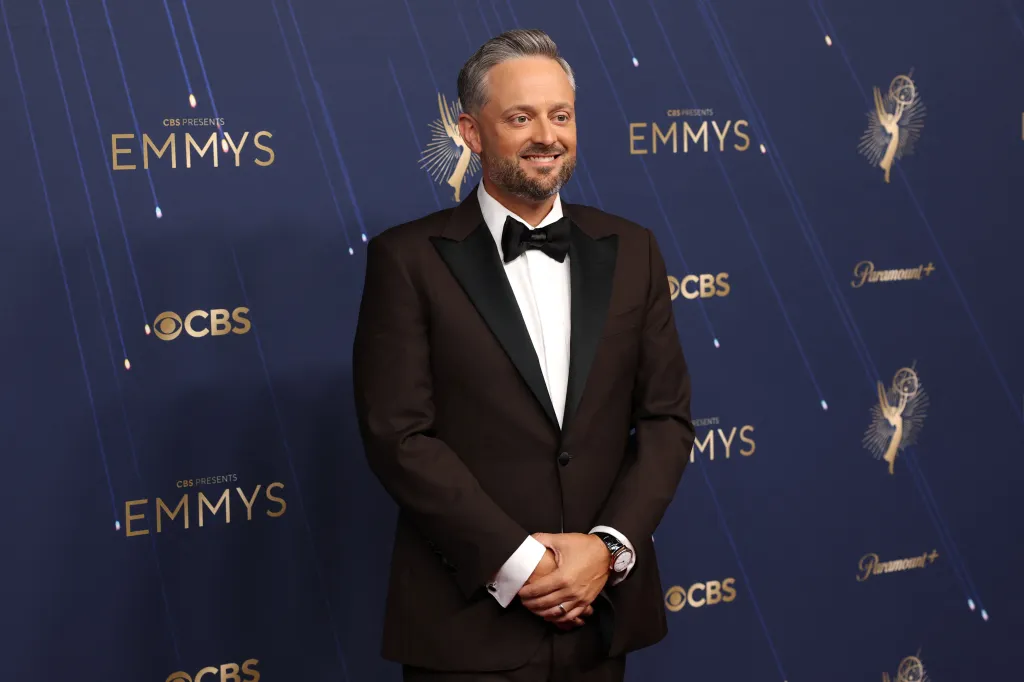
Staff at the public media outlet were informed that buyouts would be offered to all employees during a meeting on Aug. 19. In an Aug. 20 email to staff, Johnston wrote that if a “significant gap” remained after the buyouts, the organization “will have to move to staff reductions.”
The deadline to request a buyout was Sept. 5. Most of those who were granted buyouts worked their last day on Friday, according to multiple current and former employees who requested anonymity to avoid retaliation. Those who took a buyout were provided three week’s worth of pay for every year they worked for either company, multiple employees who took the buyout confirmed to the Globe.
“The voluntary separation agreement includes a built-in waiting period, which is standard,” Geoghegan told the Globe on Tuesday. “Because the process is ongoing, Ocean State Media cannot confirm the number at this time.”
Rhode Island PBS and The Public’s Radio announced their plans to merge in November 2023, creating a 90-person newsroom serving listeners and viewers throughout Rhode Island and southeastern Massachusetts. Johnston, who was previously the general manager for GBH News in Boston, was hired by Rhode Island PBS in August 2024 to lead the merged organization. In August of this year, she announced that the organization would be rebranded Ocean State Media in the fall.
About half of the newsroom is dedicated to the television station. Most of the people who took the buyout worked on the television side, according to multiple current and former employees.
“I don’t know how they’re going to do anything now that most of us have left,” said one longtime staffer who took the buyout. “After the merger though, things got really intense. And recently, it was becoming difficult to do our jobs.”
On Monday night, “Rhode Island PBS Weekly” anchor Michelle San Miguel confirmed to the Globe that she took the buyout. She also announced the move on social media.
“This was a difficult decision. Reporting for Rhode Island PBS Weekly was truly my dream job,” wrote San Miguel on Facebook. “I’m so grateful I’ve had the opportunity to tell meaningful, long-form stories alongside a talented group of journalists.”
In his newsletter, longtime political reporter Ian Donnis wrote that The Public’s Radio’s afternoon host Dave Fallon, health reporter Lynn Arditi, and Ocean State Media’s Chief Content Officer Sally Eisele had taken the buyout.
According to several employees at Rhode Island PBS who requested anonymity to avoid retaliation, senior producers, camera operators, on-air talent, and people responsible for social media, events, fundraising, and audience development at the TV station also took the buyout.
“I love public media, and Rhode Island PBS in particular,” a person who took the buyout told the Globe. “It’s just not the same place that made me excited to go to work every day.”
In July, House lawmakers gave final approval to Trump’s request to scale back funding for public broadcasting — part of $9 billion in cuts that also included rollbacks to foreign aid. That included $1.1 million for the merged public media stations in Rhode Island — about 10 percent of its operating budget.
“This is a significant and painful cut, and it’s not unique to us here in Rhode Island — it’s reshaping public media organizations across the country,” Johnston wrote in an email to staff in August.
The losses at the public media outlet come as other local news outlets also grapple with funding issues and staff reductions. The Providence Journal, owned by corporate giant Gannett, recently offered a “voluntary severance offer,” resulting in the departure on Sept. 8 of at least three veteran journalists: sports copy editor Mark Castonguay, who had been at the paper for 51 years; photojournalist Kris Craig, who worked at the paper for 40 years; and reporter Tom Mooney, who was at the Journal for 39 years.
On Friday, WJAR-TV, the NBC affiliate owned by Sinclair Broadcast Group, confirmed it was taking over WLNE-TV, the market’s ABC station. The deal is expected to upend the Providence-New Bedford television landscape, eliminating one of the market’s three competitors and raising questions about how Sinclair will consolidate operations. Some employees at WLNE — known as ABC6 — were laid off.
Rhode Island PBS paused production on several shows during the summer, including “Rhode Island PBS Weekly,” “A Lively Experiment,” and “Art Inc.,” and shifted resources toward social media content and videos for YouTube. The Public’s Radio’s signature program, “Political Roundtable,” is slated to relaunch later this month as “One on One with Ian Donnis,” a longer-format interview show that will be streamed on YouTube. “A Lively Experiment‚” a news and politics roundtable hosted by longtime local reporter Jim Hummel, will also return with a new set. But it’s not clear whether production will resume on other programming.
“Ocean State Media is still evaluating,” Geoghegan told the Globe on Tuesday.
Employees who remain said they are unclear about what comes next at the TV station. Leadership has relied on many local and regional consultants in their decision-making, current and former employees told the Globe.
“PBS needed a shakeup, but the manner in which it’s being done has been painful,” said one current employee who requested anonymity to avoid retaliation. “There was no mention by leadership of the people who took the buyouts on the last day.”
“It’s becoming a really hard place to work,” the employee added.
Despite its financial pressures, the merged public media company still has a substantial amount of money.
In 2017, Rhode Island PBS received $94.4 million after it participated in an FCC auction and agreed to move its signal to a lower frequency. David Piccerelli, the TV station’s president at the time, told local media that some of the money would be used to pay for equipment, technology upgrades, and repairs to the station’s building, and some would be used to create more local shows and expand production capability. The rest, he said, would be put into an endowment fund.
As of June 2024, the company had more than $119 million in assets, according to the latest available financial documentation, including more than $106 million in investments. According to the Rhode Island PBS website, its Board of Directors’ spending policy “allows for an annual distribution of up to 4.5% of the average balance of the investment portfolio of the previous twelve quarters.”
Rhode Island PBS’ and Globe Rhode Island’s podcast and broadcast partnerships concluded in June.



